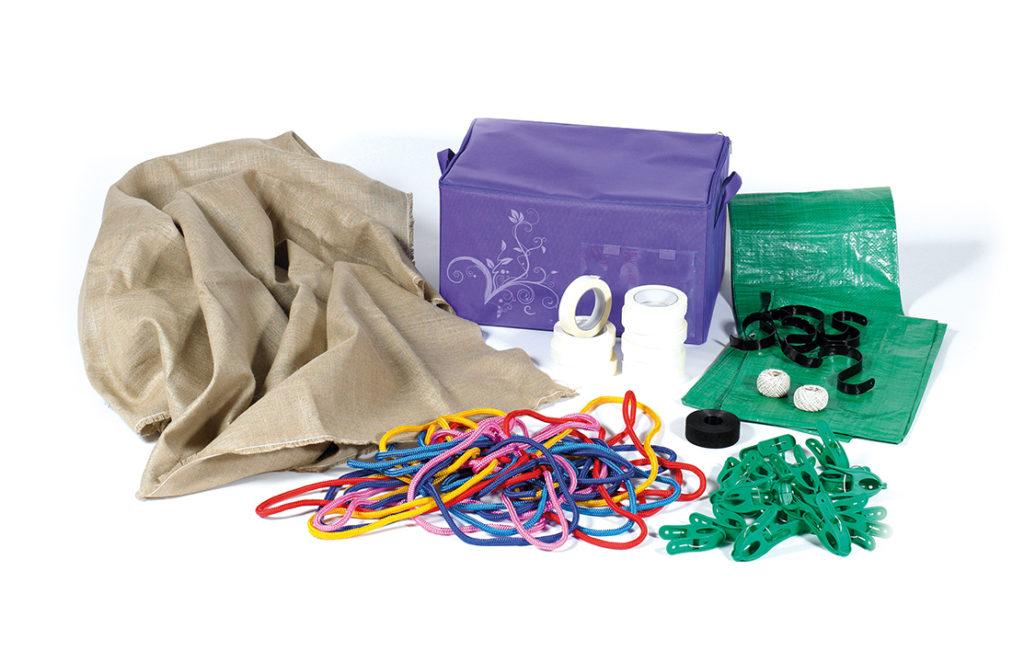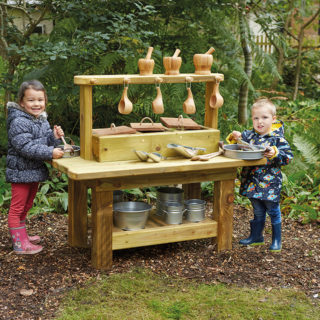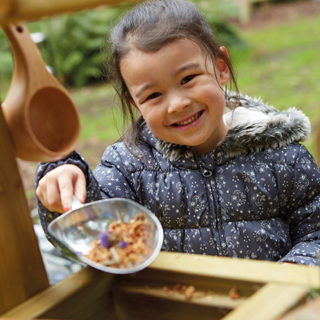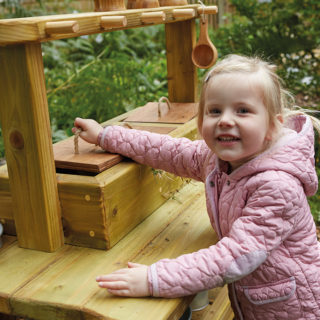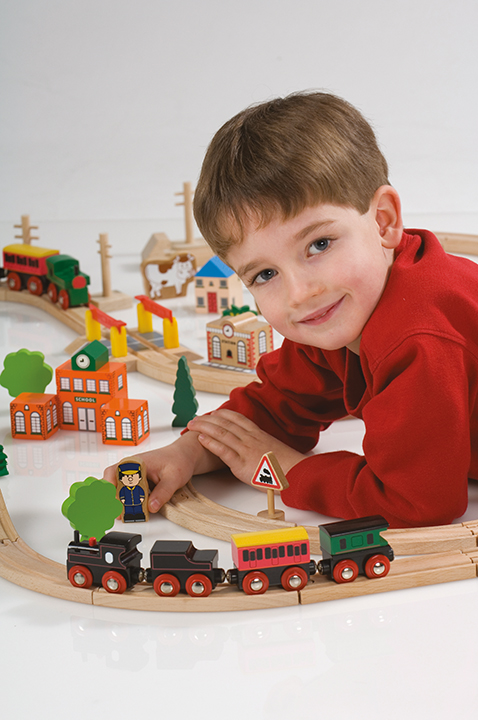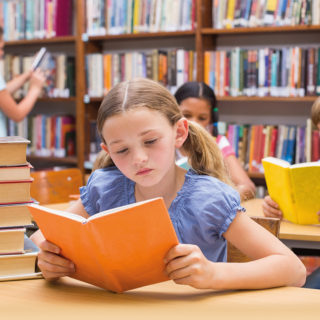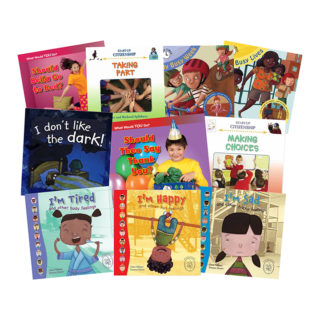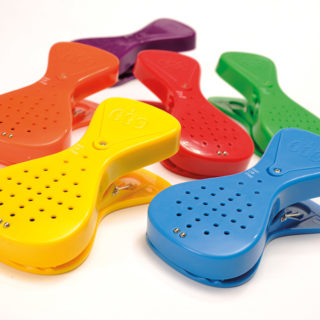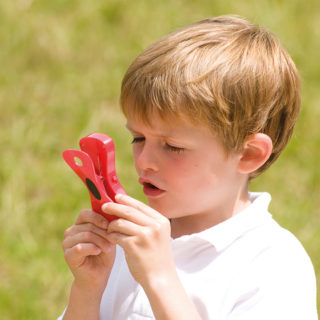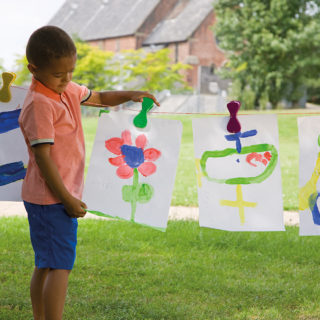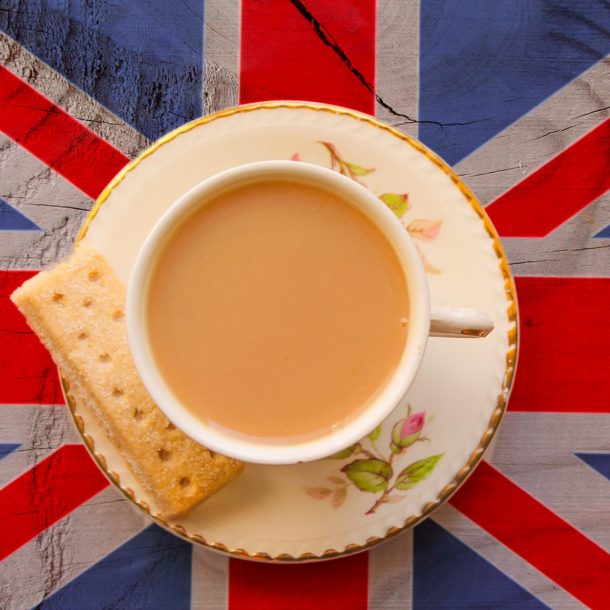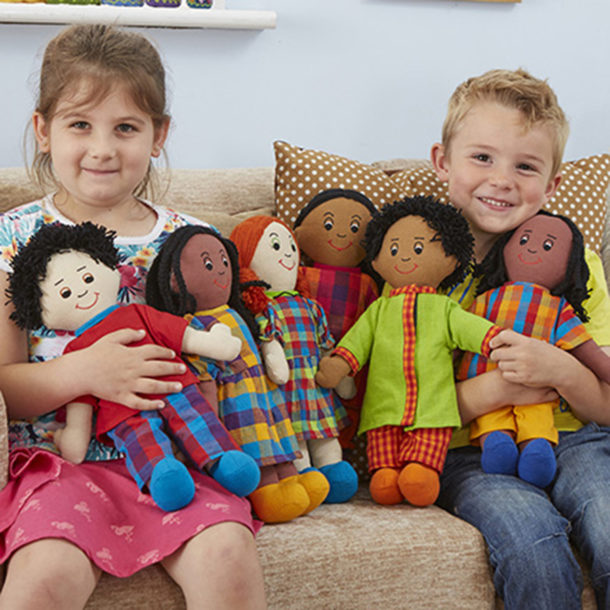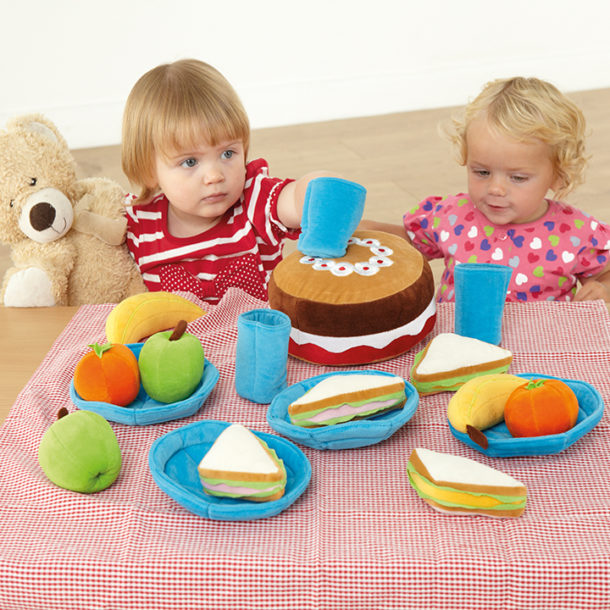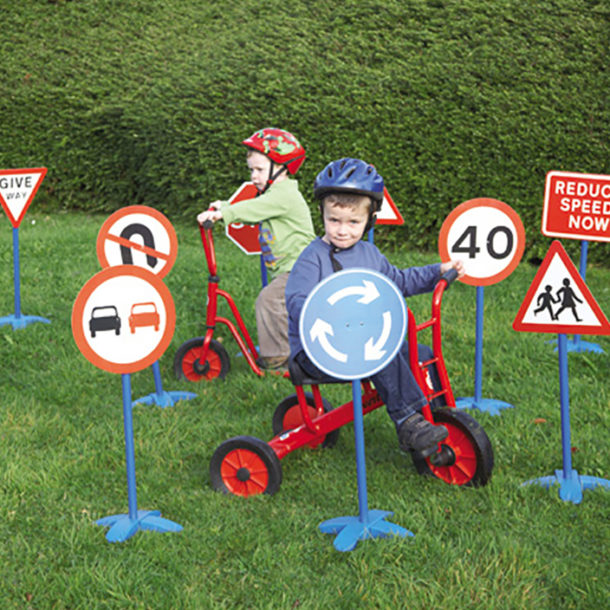1. Den Making Grab and Go Kit
- Individual liberty is all about giving children the opportunity to make choices, to develop independence and to think for themselves and what better activity than den-building!
- Use a giant box or a set of garden canes along with all the fantastic resources in this Grab & Go kit to get children started. Let them work out how to fix things together and what works best: masking tape, cable ties, string or giant pegs. Give the children plenty of space to find things out for themselves but maintain an interest so that they will ask for support if needed.
- Watch the children as they try things out, investigating and exploring the materials until they make it work. Not only does this relate to the British Values but it is a fantastic opportunity to see how children learn (Characteristics of Effective Learning).
- You could have a discussion with the children about planning their den so they can express their ideas and listen to the views of others.
2. Potions and Concoctions Messy Play Centre
- A new resource from TTS, we were lucky enough to be able to trial the Potions Centre in our woodland play area. The concealed, lidded containers were filled with rose petals, dried lavender and pine cones and using a range of utensils the children were able to stir, mix and cook various potions and magic mixtures. We call this part of the woodland the fairy glen so they were able to join the fairies in making magic. This sort of imaginary play helps children to explore their own likes, dislikes and develop confidence in their own abilities. “I’m making stick stew” said one little boy.
- The Potions Centre could be used to support collaborative play by encouraging the children to collect the ingredients for their potions: leaves, twigs, sand, soil and pebbles.
- How about making the potion from Julia Donaldson’s Room on the Broom using a lily, a cone, a twig and a bone? The witch used it to conjure up a new broom: what would the children want to create?
3. Train Set
- From a very young age, train sets provide a great opportunity for independent play, enabling children to make choices, develop independence and think for themselves.
- Being able to set up a train track and choose a favourite train to play with promotes children’s confidence in their own ability.
- As children get older, the opportunities for collaborative play increase. Try drawing a huge map of the town on a large cardboard sheet and use it with your train set, so that children can negotiate whether the train goes over the river or across a road to get to the park at the other side of town.
4. Feelings and Relationships Book Pack
- Stories are always a great way to start off a discussion with pre-school children and this fantastic collection provides a wonderful selection of books about feelings and relationships. Children will relate to the stories, quickly volunteering their opinions or sharing their feelings, and providing your group is not too big, a sensitive adult should be able to engage even the most reluctant speaker.
- Even in everyday conversations with children, adults can respond to their shared experiences by encouraging them to think about how this made them feel. A child who has had a birthday party at the weekend might be happy, whereas a child who has visited a theme park could be scared or excited!
- A favourite story like Shark in the Dark by Peter Bentley can be used to discuss feelings with children; ask them “How do the fish feel?” when the shark is threatening them and “How does the shark feel?” when ‘the whale’ arrives.
5. Recordable Pegs
- These recordable pegs are a great way to get children talking about their likes, dislikes and feelings.
- Make a display of children’s artwork and ask them to talk about what they have made and what they like about their creations.
- Use the pegs with a set of emotion cards, dolls or jigsaws and ask children to talk about what makes them happy, sad, angry or feel confused, frightened or safe. Play them back in small groups, providing further opportunities for discussion.
- Whilst some children will be reluctant voicing their opinion in a group, they will often be happy to record a message on these talking pegs. This is an important step in them becoming confident, independent learners.
- Parents might be very interested in hearing what their children have got to say so you could create an interactive display for them.
 The ideas and advice in this blog are by Steve and Christine Doubtfire, directors of Smarties and Cedar House Day Nurseries in Mansfield. They are both qualified teachers with extensive experience in education, for the last nine years focussing on early years. Steve was one of the first men in Nottinghamshire to be awarded Early Years Professional Status and went on to work as an assessor for the University of Northampton. Christine spent 28 years in FE before leaving to join Steve in the nursery. To support her transition to Early Years, she undertook Early Years Professional status followed by a Masters in Early Years Education. Keen to support professional development in the sector, she worked as an assessor on the EYT programme and as a visiting lecturer at the University of Derby.
The ideas and advice in this blog are by Steve and Christine Doubtfire, directors of Smarties and Cedar House Day Nurseries in Mansfield. They are both qualified teachers with extensive experience in education, for the last nine years focussing on early years. Steve was one of the first men in Nottinghamshire to be awarded Early Years Professional Status and went on to work as an assessor for the University of Northampton. Christine spent 28 years in FE before leaving to join Steve in the nursery. To support her transition to Early Years, she undertook Early Years Professional status followed by a Masters in Early Years Education. Keen to support professional development in the sector, she worked as an assessor on the EYT programme and as a visiting lecturer at the University of Derby.

